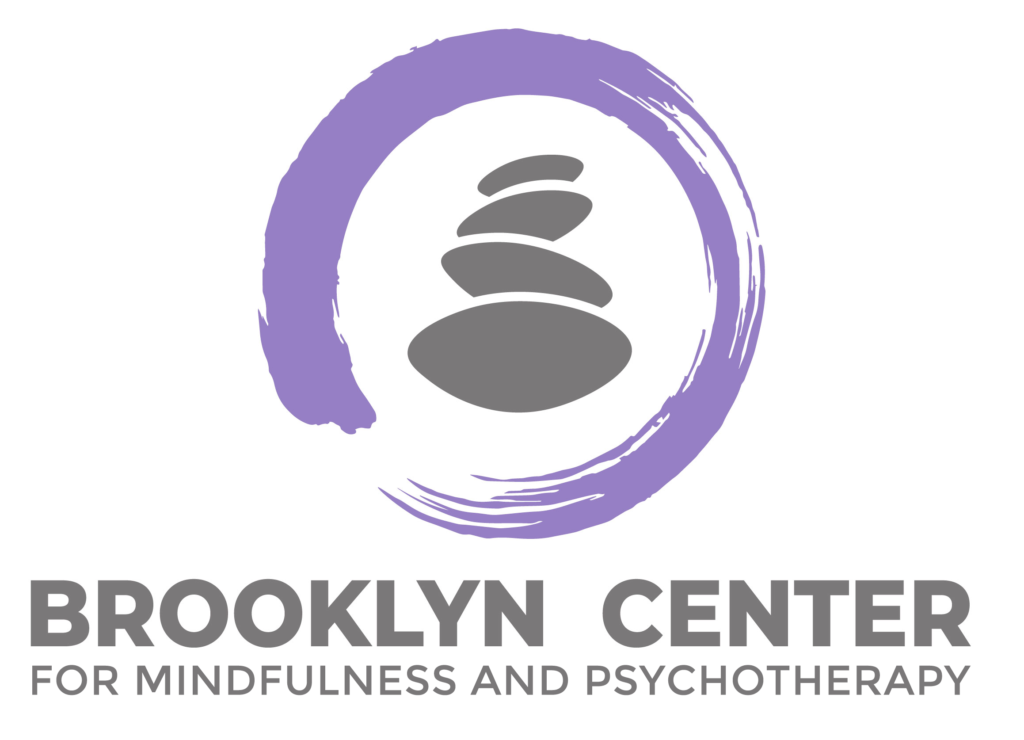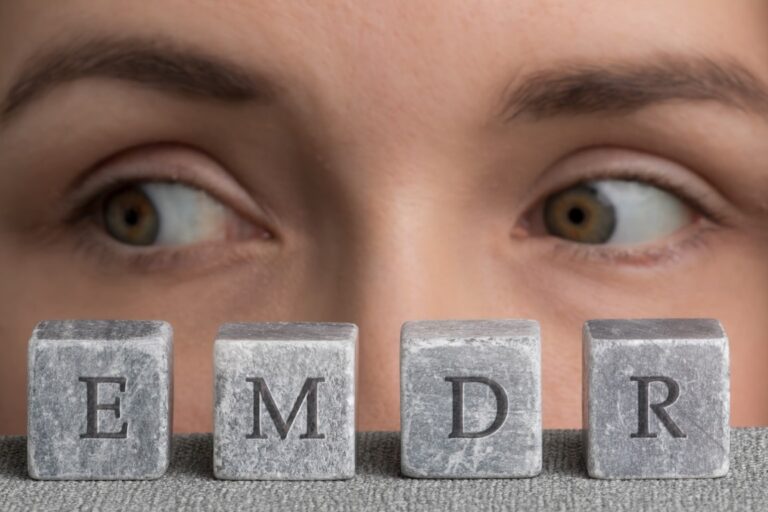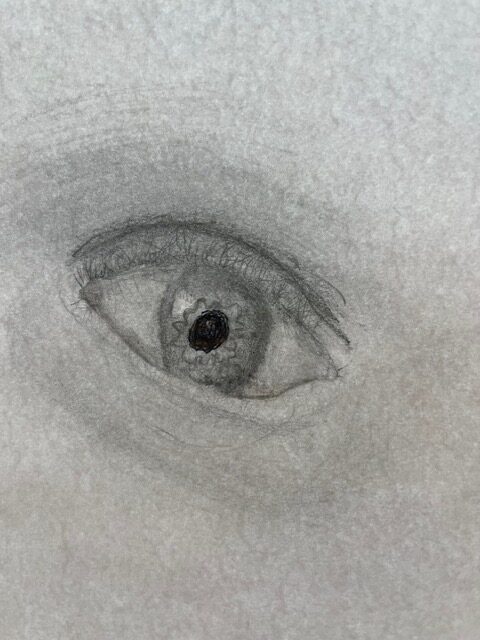If you are one of the millions suffering from Obsessive Compulsive Disorder, you know it can be debilitating. You may feel trapped in a never-ending cycle of thoughts and behaviors you can’t control. But there is hope. There are ways to cope with OCD and get your life back on track.
Talk to your doctor.
If you think you might have OCD, the first step is to talk to your doctor. He or she can help you determine if your symptoms are due to OCD or another disorder. If you do have OCD, your doctor can work with you to create a treatment plan.
There is no one-size-fits-all approach to treating OCD. However, the most common and effective treatment is a type of therapy called exposure and response prevention (ERP). ERP involves gradually exposing yourself to your fear triggers—without engaging in the compulsive behaviors you typically use to relieve anxiety. This may sound daunting, but it can be very effective in helping you manage your OCD symptoms.

Learn about OCD.
Once you know you have OCD, it’s essential to learn as much as you can about the disorder. This will help you understand your symptoms and how to treat them effectively.
There are many helpful OCD resources available, including books, websites, and support groups. Your doctor or mental health professional can also provide information and refer you to other resources.
Create a plan to manage your symptoms.
Once you know your triggers, you must create a plan to manage your symptoms. This may include avoiding triggers, practicing relaxation techniques, and Exposure and Response Prevention (ERP)
Your plan should be individualized to fit your needs; it may take trial and error to find what works for you. But don’t get discouraged—with time and effort, you can develop a plan that helps you control your OCD symptoms.
If you have OCD, you might benefit from therapy, medication, or both. Therapy can help you understand your OCD and learn how to manage your symptoms. Medication can also be an effective treatment for OCD.

Practice ERP.
ERP is a type of therapy that helps you face your fears head-on. This may seem counterintuitive, but it’s an effective way to deal with OCD. During ERP, you’ll work with a therapist to gradually expose yourself to your triggers. This will help you learn to control your anxiety and resist the urge to engage in compulsions.
ERP may be a complex process, but it can effectively treat OCD. If you’re considering this type of therapy, be sure to find a therapist who is experienced in treating OCD. ERP is not suitable for everyone, so it’s essential to find a therapist who can assess whether this treatment is proper for you.
Find a support group.
There are many support groups available for people with OCD. This can be invaluable as you learn to cope with the disorder. Support groups provide a safe and supportive environment where you can share your experiences and learn from others dealing with similar issues.
If you are interested in finding a support group, your doctor or mental health professional can likely provide you with some resources. Additionally, there are many online support groups available.
Support groups can be a beneficial tool in managing OCD. If you are struggling with the disorder, consider seeking out a group in your area.
Seek professional help.
If you’re struggling to manage your OCD independently, it may be time to seek professional help. A therapist specializing in OCD can help you develop an effective treatment plan.
A few different types of therapy are effective in treating OCD. Cognitive behavioral therapy (CBT) is one of the most commonly used and researched therapies for OCD. In CBT, you work with a therapist to identify and challenge your distorted thoughts and beliefs about your obsessions. You also learn how to better manage your anxiety and OCD symptoms through exposure and response prevention (ERP). ERP is a therapy in which you deliberately and gradually expose yourself to your feared situations, objects, or thoughts. This helps you to learn that your fears are not as threatening as you think they are and that you can cope with them without engaging in your compulsions.

Take care of yourself.
OCD can be a draining and exhausting disorder. It’s essential to take care of yourself both physically and emotionally. This includes regular exercise, eating a healthy diet, getting enough sleep, and taking time for yourself to relax.
It’s also essential to find a support system. This could be friends, family, or a therapist. Having people to talk to who understand what you’re going through can make a big difference.
There are many different treatment options for OCD. The most common is exposure and response prevention (ERP). This involves gradually exposing yourself to what you fear and avoiding the urge to respond compulsively. Cognitive behavioral therapy (CBT) is also effective for many people. Medication can be used in combination with treatment or on its own.
Be patient.
Recovery from OCD can be a long and challenging process. But it’s important to remember that you are not alone and help is available. Most people with OCD can find significant relief from their symptoms with treatment.
There are several different treatment options for OCD, and it’s essential to work with a mental health professional to determine what will work best for you. Treatment usually includes some combination of medication and cognitive-behavioral therapy (CBT).
Medication can be a practical part of treatment for OCD. Some common medications used to treat OCD include antidepressants, antipsychotics, and anti-anxiety medications. They are working with a mental health professional to determine what medication or combination will work best for you.
Conclusion
OCD can be a debilitating disorder, but there is hope. There are many ways to cope with OCD and get your life back on track. Most people with OCD can find significant relief from their symptoms with treatment. So don’t give up hope—you can get better.
Brooklyn Mindful is an excellent place to start your journey to recovery. We offer mindfulness and psychotherapy services to help you manage your OCD and live a more fulfilling life. Contact us today to learn more about our services. We’re here to help you heal.




